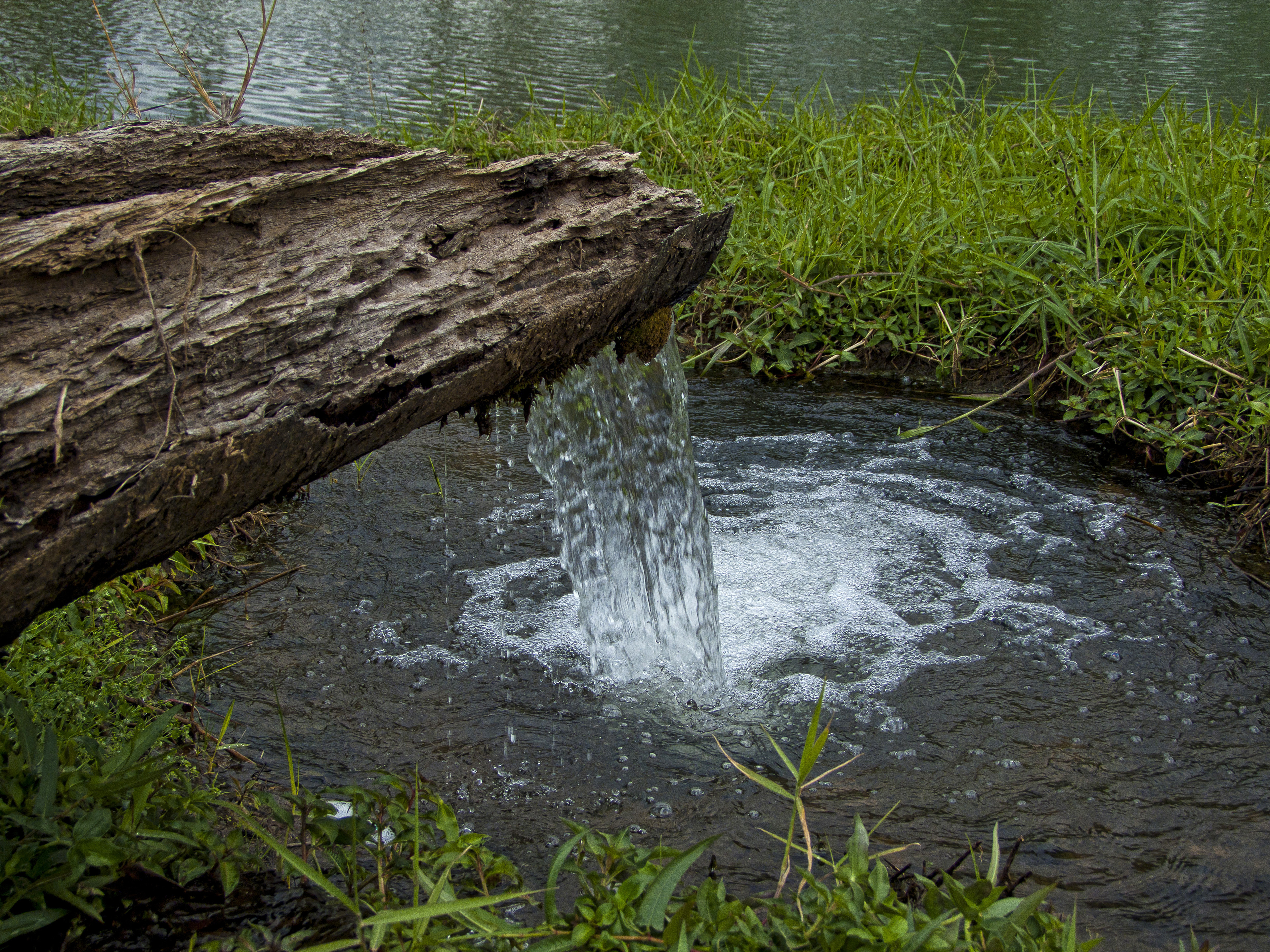Under the vast expanse of an open sky, a herd of elephants ventures towards a shimmering oasis in a barren landscape. As they reach the water’s edge, their parched bodies find respite as they eagerly drink. In that moment, the significance of fresh water for animals is vividly illustrated. While often overlooked, this natural resource holds a profound importance for the survival and well-being of countless species. From the tiniest insects to the mightiest predators, the necessity of fresh water unites all creatures in a delicate web of life. In this article, we will explore the vital role that fresh water plays in sustaining animal populations and maintaining the delicate balance of ecosystems worldwide. So, grab a glass of water and join us on this exploration of the importance of fresh water for animals.

1. Vitality Quencher: Understanding the Profound Implication of Fresh Water on Animal Health and Well-being
Water, the essence of life, holds an indisputable significance in maintaining the vitality of animals. Its impact goes beyond mere hydration and plays a crucial role in their overall health and well-being. Freshwater acts as a catalyst for digestion, aids in the transportation of essential nutrients, and regulates body temperature. Moreover, it promotes proper kidney function, optimizes cellular activity, and contributes to a robust immune system. Lacking the necessary freshwater resources can detrimentally affect an animal’s growth, reproduction, and susceptibility to diseases. Recognizing and addressing the profound implications of fresh water is key to ensuring the longevity and flourishing of our beloved fauna.
- Hydration is the pillar of animal vitality
- Essential nutrients transportation facilitated by freshwater
- Regulation of body temperature and thermoregulation
- Freshwater crucial for proper kidney function
- Optimized cellular activity through the presence of fresh water
- Strong immune system fostered by freshwater
2. Conservation Strategies: Empowering Communities to Ensure Ample Fresh Water Availability for Wildlife and Domesticated Animals
2. Conservation Strategies
In order to ensure ample fresh water availability for both wildlife and domesticated animals, it is crucial to empower communities with effective conservation strategies. By actively engaging and educating local communities, we can foster a sense of responsibility and ownership for water resources. Here are some innovative approaches:
- Community-led water management programs: Encouraging communities to develop their own water management plans tailored to their specific needs.
- Rainwater harvesting: Promoting the collection and storage of rainwater to supplement water resources for both wildlife and domesticated animals.
- Water-efficient farming practices: Educating farmers on sustainable irrigation techniques that minimize water wastage.
- Protection of water sources: Creating protected areas around water bodies to prevent contamination and ensure their long-term preservation.
With these strategies, communities can play an active role in preserving water resources for the benefit of all living beings.
In Conclusion about The Importance of Fresh Water for Animals.
In a world filled with remarkable creatures and thriving ecosystems, the significance of fresh water for animals cannot be overstated. It is a lifeline that flows through the veins of Mother Nature, sustaining life in all its diverse and marvelous forms. From the tiniest insects that zip across the water’s surface to the majestic whales that roam the depths of the ocean, fresh water provides not only hydration, but also a sanctuary and a source of nourishment.
As the delicate balance of our planet becomes increasingly threatened by human activities and climate change, the need to protect and preserve our freshwater resources has never been more crucial. Animals, like us, rely heavily on clean water to survive and flourish. It is not just a drink, but a fundamental component of their habitats and an essential medium for countless vital processes.
Fresh water plays a pivotal role in maintaining the delicate ecosystems that animals call home. Lakes, rivers, and wetlands act as vital breeding grounds, providing a sanctuary for numerous species to lay their eggs and raise their young. These dynamic ecosystems also serve as a bountiful source of food, supporting intricate food chains that nourish animals of all sizes. From the microscopic plankton to the larger predators, each creature relies on the abundance and diversity of life that freshwater systems sustain.
But the importance of fresh water to animals extends far beyond the boundaries of their immediate habitats. Many species, particularly migratory birds and marine animals, depend on freshwater sources as waypoints during their long and arduous journeys. These locations serve as pit stops where they can replenish their energy and stay hydrated, enabling them to withstand the challenges of their remarkable migrations.
Yet, despite its undeniable importance, fresh water for animals faces an alarming threat. Pollution, habitat destruction, and overconsumption pose significant challenges, not only to the animals themselves but also to the delicate balance of entire ecosystems. Industries, agriculture, and human settlements have dramatically altered the natural flow of water, disrupting the lives of countless species that rely on these water bodies to survive.
To reverse this trend, we must recognize the urgency of the situation and take collective action. Conservation efforts, reforestation, and responsible water management are just a few essential steps that can help safeguard the health of our freshwater ecosystems and protect the richness of life they harbor. By recognizing that the fate of animals and humans alike is inextricably linked to the fate of our freshwater resources, we can strive towards a future where vibrant ecosystems thrive and all creatures can flourish.
Let us be the guardians of fresh water, advocating for its protection, cherishing its value, and working towards its sustainable use. The importance of fresh water for animals is a reminder of the interconnectedness of life on this planet. As we embrace this understanding, may we embark on a journey that leads to the conservation and preservation of our most precious resource.
